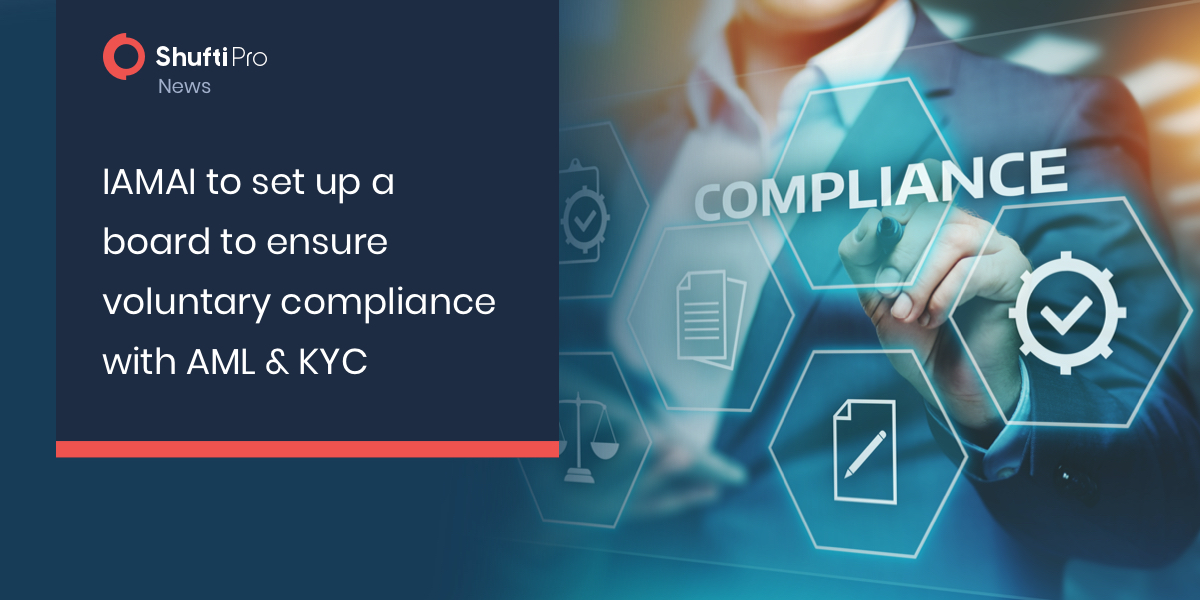IAMAI To Set Up A Board To Ensure Voluntary Compliance With AML & KYC

New Delhi: On Tuesday, June 1st, the Internet and Mobile Association of India (IAMAI), announced plans to set up a board to ensure regulatory compliance. For this purpose, the IAMAI will create a self-regulatory code of conduct that will require all cryptocurrency exchanges to voluntarily stay compliant with AML/CFT and KYC regulations, as well as other company and taxation laws.
According to the IAMAI, the board will consist of fintech compliance specialists, eminent jurists, and technical specialists.
These plans have come forth in the aftermath of RBI’s clarification related to banks and cryptocurrency exchanges. According to RBI’s new guidelines, the 2018 circular banning crypto transactions is no longer valid, and banks are advised to continue performing Customer Due Diligence when dealing with Virtual Currency (VC) transactions.
This clarification from the RBI was well-received by the IAMAI and BACC (Blockchain and Crypto Assets Council), as both bodies believe this would put an end to all speculations that banks would be stopping crypto transactions from 6th June 2021.
According to industry estimates, the total number of crypto investors in India exceeds 15 million, all of which hold an accumulated amount of Rs.10,000 crore worth of digital assets. Thus, for the long-term sustainability of this industry, it is crucial for cryptocurrency investors and platforms to comply with global regulatory standards.
Why This is Good News
Given that India hosts one of the best tech ecosystems worldwide, building on crypto technology is a bus that they cannot miss. To enhance the growth of this sector, specific regulations are inevitable. With the right check and balance system, compliance with AML/CFT and KYC regulations, the backing of the government, and ever-increasing adoption of the internet, India can undoubtedly become the hub of blockchain innovations.











